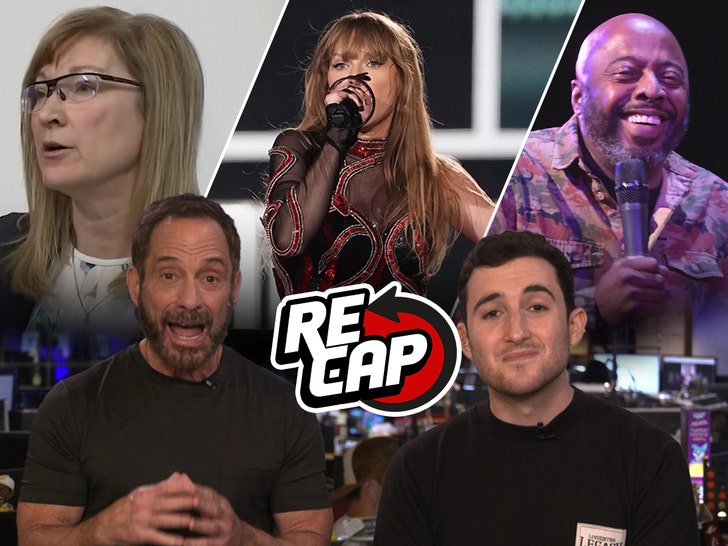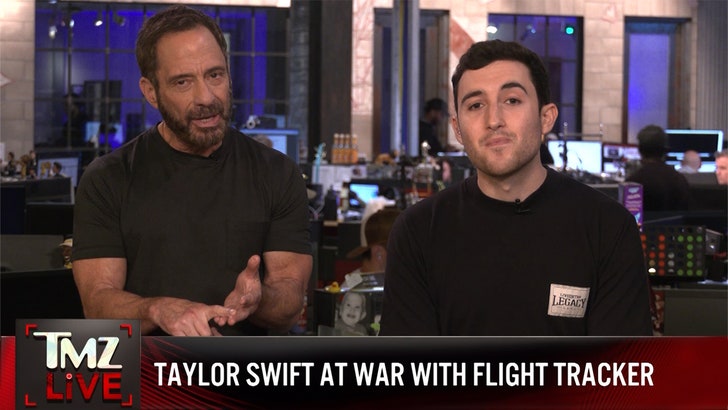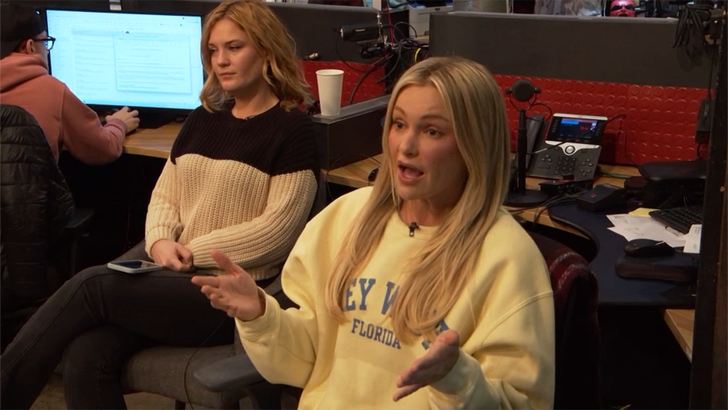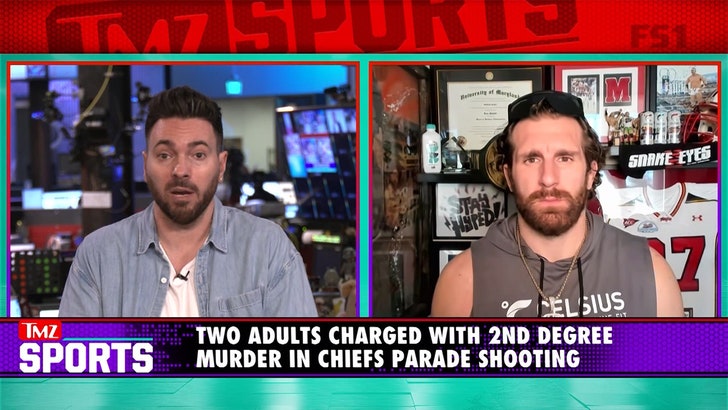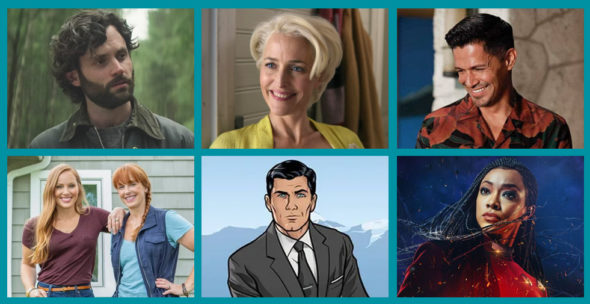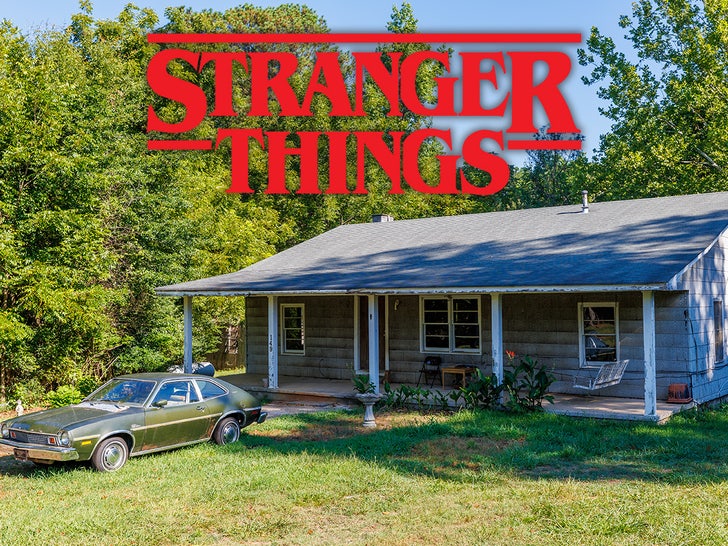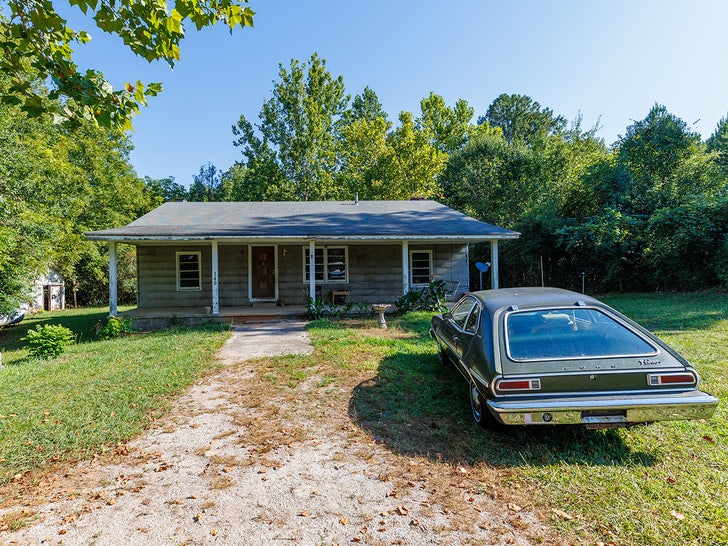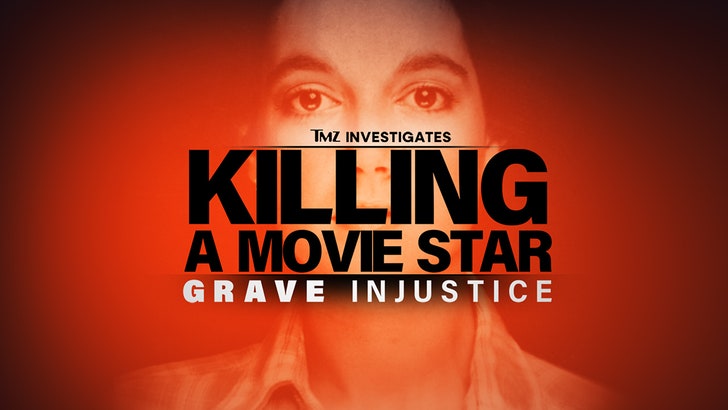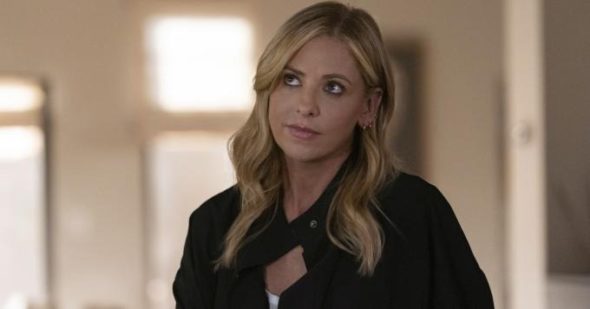A TV series made entirely by generative AI is only three-to-five years away, according to the director of hits including Slow Horses and Anthony Hopkins movie One Life.
James Hawes spoke with legal teams at SAG-AFTRA and the WGA and undertook a poll with fellow directors and VFX workers after the BBC canceled long-running drama Doctors, in which he probed the likelihood of a fully AI series, he revealed today.
“The best guess was three to five years,” he told the British Film & High-End TV Inquiry. “Someone will say, ‘Create a scene in an ER room where a doctor comes in and he’s having an affair with a woman and they’re flirting, and someone is dying on the table,’ and [AI] will start to create it. Maybe it won’t be as polished as we are used to but that is how close we are getting.”
Hawes, who is also vice chair of Directors UK, raised concerns that shows with AI so central to their creation will have an impact on “vital training grounds” for below-the-line staffers making their way through the industry, citing Doctors.
He simultaneously acknowledged the “genie is out the bottle” on AI and the UK should work to catch up with the likes of the U.S., as he pointed to the launch of Open AI’s Sora program last week, which can generate scenes digitally.
“My worry is that if we don’t get up to speed with this then the AI-generated stories will come from elsewhere,” he added. “We need to take note and act on it now. Silicon Valley is way ahead.”
The U.S. writers and actors guilds were able to secure guardrails surrounding use of AI in their contracts with the AMPTP following lengthy and messy negotiations last year, and Hawes said the U.S. DGA is sitting down with members and studios to discuss this every few months. In the UK, artificial intelligence is set to play a major role in the actor’s unions upcoming negotiations with broadcasters and producers.
Hawes urged British stakeholders across the board to be cognisant of the debate. Prior to the inquiry hearing, he joked that he had asked ChatGPT to come up with the questions he would be asked, and it had been “very accurate.”
Hawes stressed that there is no replacement for the spontaneity of non-AI production and cited an example of Anthony Hopkins playing a piano on the set of One Life, which was introduced into the scene after wowing those working on the show.
‘Slow Horses’ deemed “too quirky”

During a wide-ranging session, Hawes also revealed that Slow Horses was rejected by some British broadcasters and was initially deemed “too quirky and British” for Apple TV+.
“They wondered whether it would travel even though we have the spy genre reputation [in the UK],” he added. “The attachment of Gary Oldman and subsequent success shows ‘quirky British’ can travel and it is now the longest running series on Apple.”
Speaking to the decline in the indie movie and TV sector, he echoed comments made earlier this week by Bectu boss Philippa Childs that the UK has become too reliant on inward investment.
“There are downsides [to inward investment] because it has inflated costs and therefore domestic production is finding it hard to compete for the best practitioners,” he added. “It’s been very busy out there, although not right now. That has given North America confidence in what we are doing.”
Having made the transition from high-end TV to movies, Hawes also said there is no longer a “sniffiness” from film execs towards TV directors.
The inquiry is spotlighting the state of British film and high-end TV, which is being overseen by the UK’s Culture, Media & Sport Committee, examining issues such as financing, tax credits and diversity.
Last month, Bend it Like Beckham director Gurinder Chadha revealed to the inquiry she is making a Christmas movie about an Indian Ebenezer Scrooge set in London, financed by Zygi Kamasa’s new UK distributor True Brit.
Later today, Ken Loach indie boss Rebecca O’Brien and the heads of Film4 and BBC Film will appear.
